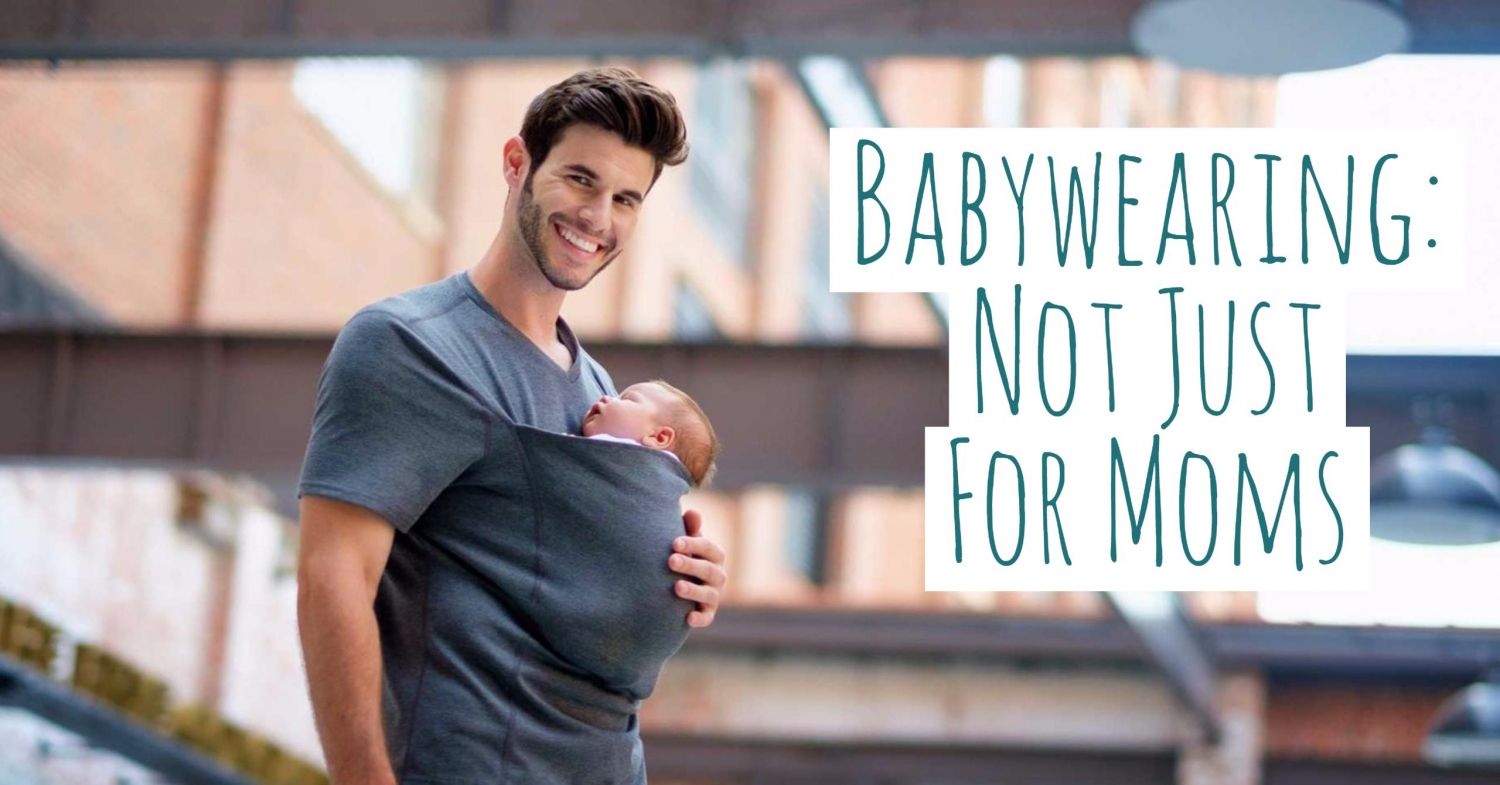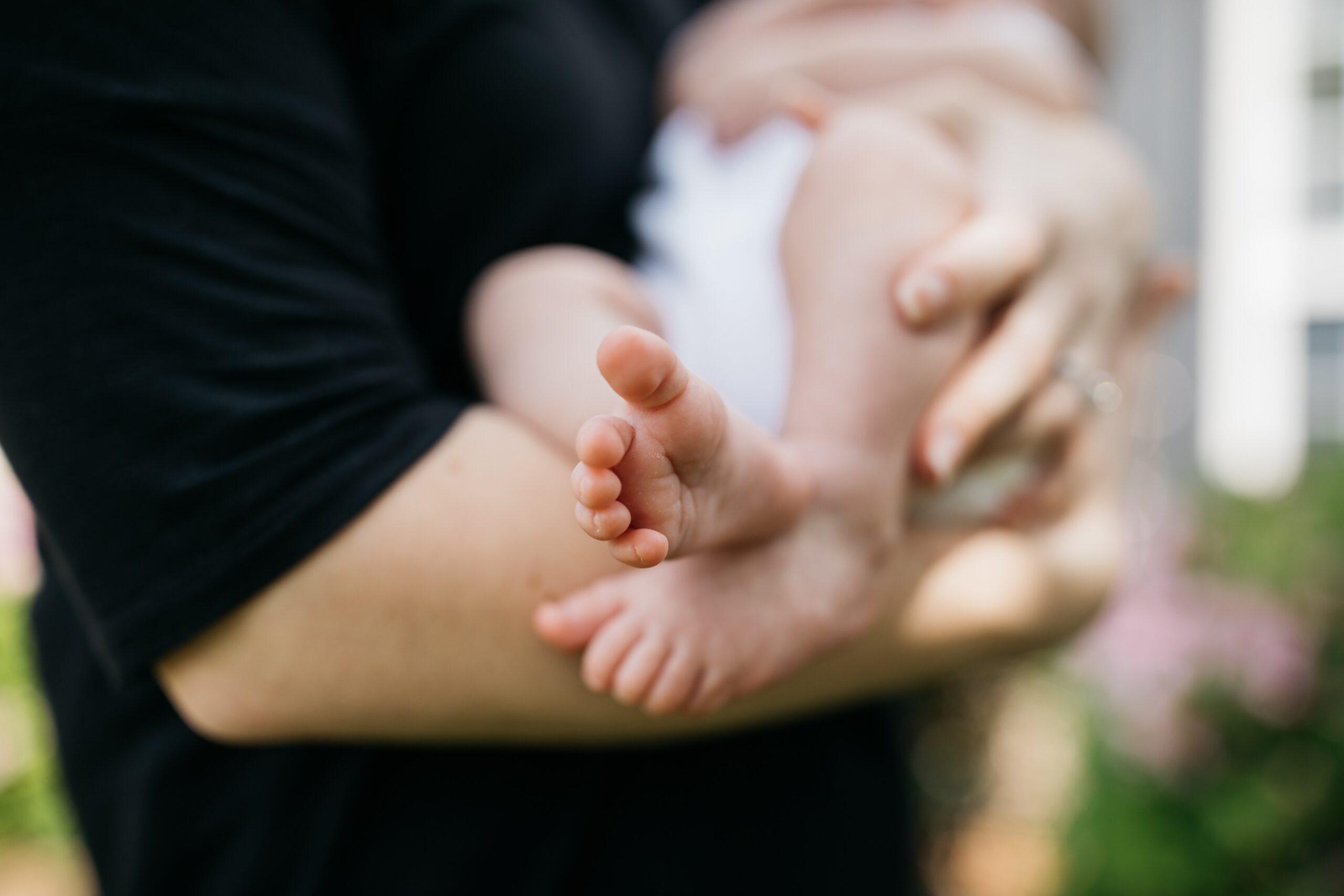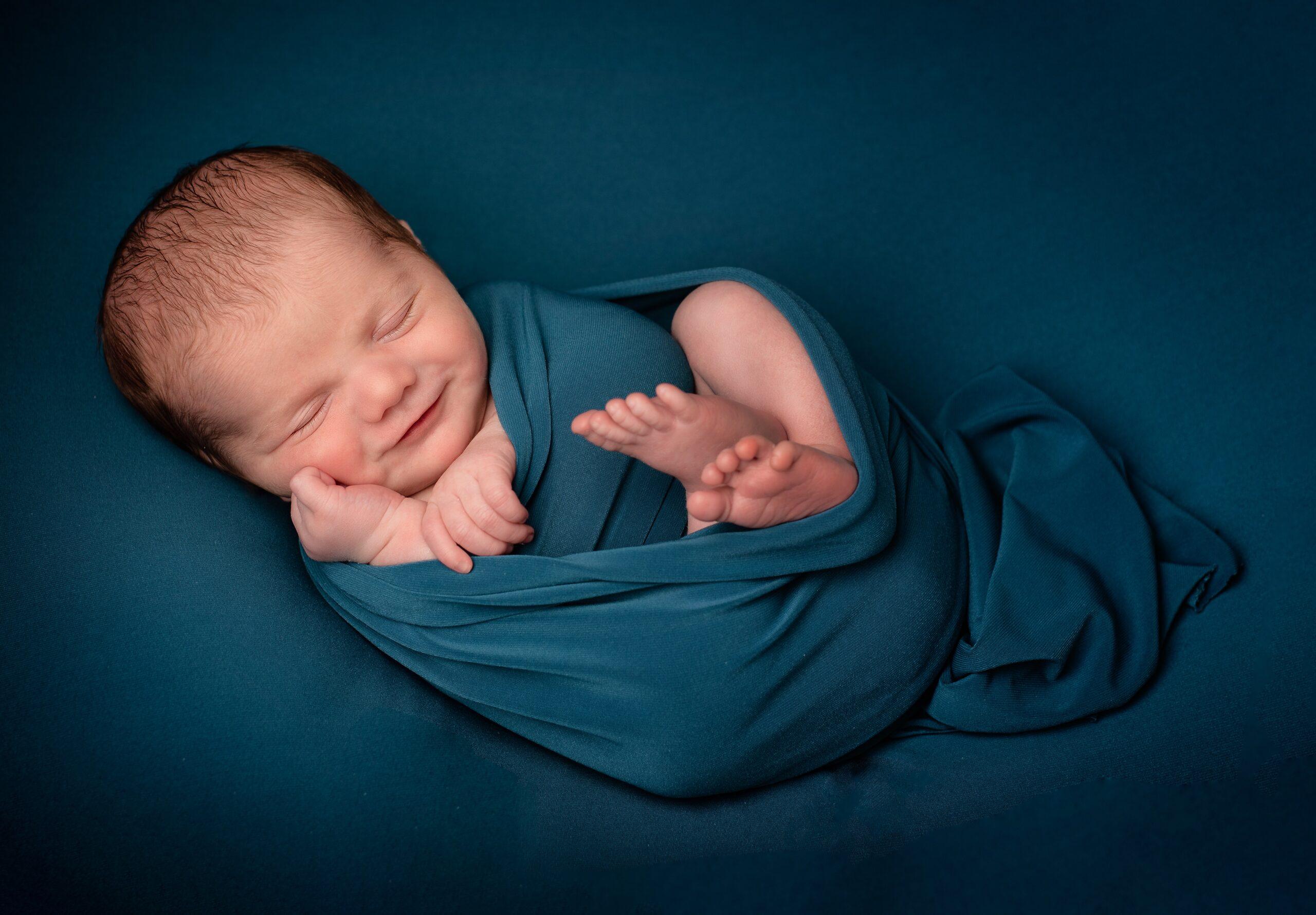The warm weather cues in stroller-packed streets, family outings and play dates at the park. And though it’s fine for you to gulp down water to quench your thirst, think twice before you give your baby water to drink.
According to the American College of Emergency Physicians, one of the common triggers of seizures in an otherwise healthy baby is water intoxication. Babies do need additional fluids when it’s hot outside. However, plain water shouldn’t be one of them. Pediatricians at Johns Hopkins Children’s Center treat about four cases of water induced seizures in babies every summer.
Preventing water intoxication begins with understanding how it affects infants and realizing that breast milk and baby formula provide sufficient hydration.
A Fine Balance
Excessive water consumption disrupts the delicate sodium balance in infants, resulting in a condition called hyponatremia. In hyponatremia, the extra water dilutes sodium in the blood and flushes the electrolyte out of the body. Infant kidneys are unable to remove the extra water quickly and the ensuing loss of sodium affects brain activity. This results in various symptoms, including seizures.
Because a baby’s kidneys are still immature, pediatricians suggest refraining from giving water to babies under 6 months of age. “Around 6 months they can start to handle more water,” says Dr. Jennifer Anders, an emergency medicine pediatrician at Johns Hopkins Children’s Center. Before that time, it’s not advisable to give infants any water.
Seizing Control of the Situation
A baby who has been given too much water exhibits other symptoms before a seizure occurs. However, detecting them may be difficult because they are subtle. Dr. Anders says your “baby may look puffy or have abnormal behavior,” such as agitation or sleepiness. Other symptoms to look out for are decreased body temperature (97 degrees or lower), pale-colored urine and an excessive number of diaper changes.
It may be difficult to detect from these symptoms that your baby is drinking too much water, unlike the rhythmic body jerking and facial twitching of a seizure that parents generally notice. It’s a scary experience to watch a baby endure. To help you remain calm and act quickly if your child seizes, Dr. Anders offers the following advice.
- Make sure the baby is lying on a soft flat surface.
- Roll the baby to his side so if he vomits he won’t choke.
- Call 911. If someone else is home, have that person call while you secure your baby’s position.
- Do not put anything into your child’s mouth. According to Dr. Anders, swallowing your tongue is an old wives tale.
- Refrain from shaking your baby to arouse him. Begin CPR only if he turns blue or has stopped breathing and emergency help hasn’t arrived.
- Stay calm if you hear a change in your baby’s breathing. Dr. Anders says, “Noisy, difficult sounding breathing is typical during seizures and should not cause low oxygen.”
Got Milk?
The American Academy of Pediatrics (AAP) advocates breastfeeding. Breast milk provides the best source of nutrition, calories and fluids for your infant. But, breastfeeding isn’t always an option for a mother— leaving the baby to be fed by formula. Both forms of milk contain enough fluids to keep your infant hydrated. Dr. Anders finds that some parents may water down baby formula to stretch it out and save money. Unfortunately, this may also result in water intoxication and should be avoided.
Breast milk or baby formula is the only hydrating fluid parents need to give their infants. Before you give your baby water, consider how much of it is found in baby foods and fluids. According to a tip sheet published by the Akron Children’s Hospital, breast milk, infant formula, strained carrots and canned pears contain 85 percent or more water.
Splashing With Caution
Besides giving a baby straight water to drink, infant swimming lessons may potentially lead to babies accidentally swallowing too much water. The American Academy of Pediatrics (AAP) doesn’t recommend swimming lessons before the age of 4. If you do decide to enroll your infant in swimming lessons, the AAP suggests choosing a program that doesn’t require putting your baby’s head under the water. While Dr. Anders says “an accidental sip or two is not going to hurt,” swallowing too much pool water can be a risk for water intoxication.
If the higher temperatures have you concerned about properly hydrating your infant, speak with your pediatrician before giving your child water. In the meantime, visit museums and indoor play spaces to enjoy activities geared toward family fun— and to relish the welcomed air-conditioning— to keep your baby cool.




